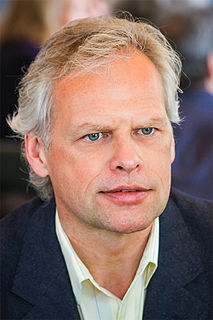A Quote by Frank Herbert
If you want immortality, then deny form. Whatever has form has mortality. Beyond form is the formless, the immortal.
Related Quotes
In the face of death, especially violent death, things don't make sense anymore. So death is the dissolution of either physical form or psychological form. And when a form dissolves, always something shines through that had been obscured by the form. This is the formless One Life, the formless One Consciousness.
Through death you find yourself, because you no longer identify with form. You realize you are not the form with which you had identified neither the physical nor the psychological form of "me". That form goes. It dissolves and who you are beyond form emerges through the opening where that form was. One could almost say that every form of life obscures God.
When you work in form, be it a sonnet or villanelle or whatever, the form is there and you have to fill it. And you have to find how to make that form say what you want to say. But what you find, always--I think any poet who's worked in form will agree with me--is that the form leads you to what you want to say.
In the stillness of your presence, you can feel your own formless and timeless reality as the unmanifested life that animates your physical form. You can then feel the same life deep within every other human and every other creature. You look beyond the veil of form and separation. This is the realization of oneness. This is love.
Once we become conscious of a feeling and attempt to make a corresponding form, we are engaged in an activity which, far from being sincere, is prepared (as any artist if he is sincere will tell you) to moderate feelings to fit the form. The artist's feeling for form is stronger than a formless feeling.



































